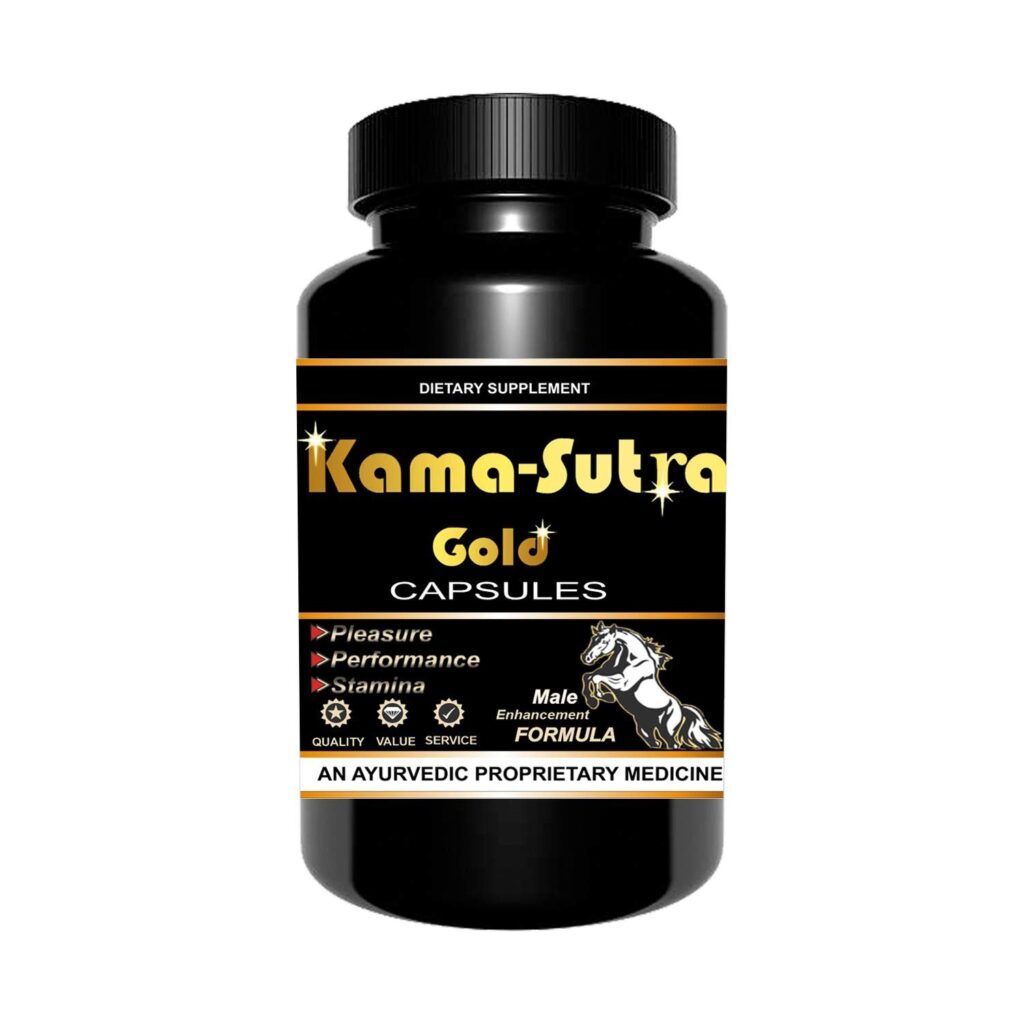Rheumatoid arthritis is a painful condition that affects many people around the world. While traditional treatments can help, they often come with side effects and don’t always work for everyone. Ayurvedic medicine, an ancient practice from India, offers a natural way to manage this disease. This article will explore how Ayurveda can help those with rheumatoid arthritis feel better.
Key Takeaways
- Rheumatoid arthritis causes joint pain and stiffness, making daily activities hard.
- Traditional treatments can help but may have side effects.
- Ayurvedic medicine uses natural methods to balance the body’s energies and improve health.
- Herbs, diet changes, and lifestyle tips from Ayurveda can reduce pain and inflammation.
- Combining Ayurveda with regular treatments can provide better results for managing rheumatoid arthritis.
Understanding Rheumatoid Arthritis
Symptoms and Diagnosis
Rheumatoid arthritis (RA) is a chronic inflammatory disorder that primarily affects the joints. Common symptoms include joint pain, swelling, and stiffness, especially in the morning or after periods of inactivity. Diagnosis often involves a combination of physical exams, blood tests, and imaging studies like X-rays or MRIs.
Conventional Treatment Options
Traditional treatments for RA aim to reduce inflammation and manage pain. These may include medications such as nonsteroidal anti-inflammatory drugs (NSAIDs), corticosteroids, and disease-modifying antirheumatic drugs (DMARDs). Physical therapy and lifestyle changes are also commonly recommended.
Challenges in Managing Rheumatoid Arthritis
Managing RA can be challenging due to its unpredictable nature and the potential side effects of long-term medication use. Patients often face difficulties in maintaining a good quality of life, as the disease can lead to joint damage and reduced mobility over time.
Living with RA requires a comprehensive approach that includes medical treatment, lifestyle adjustments, and emotional support.
Principles of Ayurvedic Medicine
Doshas and Their Role in Health
In Ayurveda, the body is governed by three main energies called doshas: Vata, Pitta, and Kapha. These doshas need to be balanced for good health. Each person has a unique mix of these doshas, which affects their physical and mental well-being. When these energies are out of balance, it can lead to illness.
Ayurvedic Approach to Chronic Diseases
Ayurveda looks at chronic diseases differently than modern medicine. Instead of just treating symptoms, it aims to find and fix the root cause. This often involves lifestyle changes, diet, and herbal remedies. The goal is to restore balance and improve overall health.
Herbal Remedies in Ayurveda
Herbs play a big role in Ayurvedic treatments. They are used to help balance the doshas and treat various health issues. Some common herbs include turmeric, ginger, and ashwagandha. These herbs have been shown to be effective in managing conditions like amavata, which is similar to rheumatoid arthritis.
Ayurveda believes that the key to good health is maintaining a balance between the mind, body, and spirit. This holistic approach can be very effective in managing chronic diseases like rheumatoid arthritis.
Ayurvedic Perspective on Rheumatoid Arthritis
Identifying Imbalances
In Ayurveda, rheumatoid arthritis is often linked to an imbalance in the body’s doshas. These imbalances can lead to inflammation and pain in the joints. By understanding which dosha is out of balance, Ayurvedic practitioners can tailor treatments to the individual’s needs.
Ayurvedic Diagnosis Methods
Ayurvedic diagnosis involves a thorough examination of the patient’s lifestyle, diet, and physical symptoms. Practitioners may use techniques like pulse diagnosis and tongue examination to get a complete picture of the patient’s health. This holistic approach helps in identifying the root cause of the disease.
Common Ayurvedic Treatments
Ayurvedic treatments for rheumatoid arthritis often include a combination of herbal remedies, dietary changes, and lifestyle modifications. Unlocking joint and muscle relief with sahacharadi oil is one such treatment. This oil promotes healing effects on muscles and joints, supporting circulatory and nervous system functions through traditional massage and warm oil treatments. Other common treatments include detoxification therapies and yoga exercises to improve flexibility and reduce pain.
Herbal Remedies for Rheumatoid Arthritis
Anti-Inflammatory Herbs
Certain herbs have anti-inflammatory properties that can help with rheumatoid arthritis (RA) or osteoarthritis (OA) pain. Aloe vera, for example, is known for its soothing effects. Ginger is another powerful herb that can reduce inflammation and ease pain.
Pain Relief Solutions
Herbs like turmeric and willow bark are often used for pain relief. Turmeric contains curcumin, which has strong anti-inflammatory effects. Willow bark works similarly to aspirin and can help reduce pain and swelling.
Herbal Supplements and Their Benefits
Herbal supplements can offer additional benefits for those with RA. Supplements like Boswellia and Ashwagandha can help manage symptoms and improve overall well-being. It’s important to consult with a healthcare provider before starting any new supplement.
Using herbal remedies can be a natural way to manage rheumatoid arthritis symptoms. Always talk to your doctor before trying new treatments.
Diet and Lifestyle Recommendations
Anti-Inflammatory Diet
An anti-inflammatory diet can help manage rheumatoid arthritis. Eating foods that reduce inflammation can ease symptoms. Include plenty of fruits, vegetables, and whole grains. Avoid processed foods and sugary drinks. Omega-3 fatty acids found in fish can also be beneficial.
Exercise and Physical Activity
Regular exercise is crucial for those with rheumatoid arthritis. It helps keep joints flexible and muscles strong. Low-impact activities like swimming, walking, and yoga are excellent choices. Consistency is key, so try to make exercise a part of your daily routine.
Stress Management Techniques
Managing stress is important for overall health and can help reduce arthritis symptoms. Techniques like meditation, deep breathing exercises, and mindfulness can be very effective. Consider setting aside a few minutes each day to practice these methods. They can make a big difference in how you feel.
A balanced diet and regular exercise, combined with stress management, can significantly improve the quality of life for those with rheumatoid arthritis.
Scientific Evidence Supporting Ayurveda
Clinical Studies and Research
Several clinical studies have explored the effectiveness of Ayurvedic treatments for rheumatoid arthritis. One notable study was a double-blind, randomized, controlled, pilot study that compared classic Ayurveda, methotrexate (MTX), and their combination. The results showed promising outcomes for patients using Ayurvedic treatments, either alone or in combination with conventional medicine.
Patient Testimonials
Many patients have shared positive experiences with Ayurvedic treatments for rheumatoid arthritis. They often report reduced pain and improved mobility. These testimonials highlight the potential benefits of integrating Ayurveda into their treatment plans.
Comparative Analysis with Conventional Medicine
When comparing Ayurveda with conventional medicine, it’s important to consider both the benefits and limitations. Ayurveda offers a holistic approach, focusing on the root cause of the disease, while conventional medicine often targets symptoms. Combining both approaches can provide a more comprehensive treatment plan.
Ayurveda’s holistic approach can complement conventional treatments, offering a broader perspective on managing rheumatoid arthritis.
Integrating Ayurveda with Conventional Treatments
Complementary Approaches
Combining Ayurveda with conventional treatments can offer a more holistic approach to managing rheumatoid arthritis. Ayurveda focuses on balancing the body’s energies, while conventional medicine targets specific symptoms. This dual approach can help patients achieve better overall health.
Safety and Efficacy
When integrating both treatment methods, it’s crucial to consider safety and efficacy. Patients should consult their healthcare providers to ensure that Ayurvedic remedies do not interfere with their current medications. This careful coordination can help avoid potential side effects and enhance the effectiveness of both treatments.
Consulting Healthcare Providers
Before starting any new treatment, including Ayurvedic remedies, patients should always consult their healthcare providers. This ensures that all aspects of their health are considered, and the treatments are tailored to their specific needs. Integrating yoga, diet, sleep, and stress management with Ayurvedic supplements can further enhance vitality and health.
Combining Ayurveda with conventional treatments offers a balanced approach to managing rheumatoid arthritis, focusing on both symptom relief and overall well-being.
Combining Ayurveda with modern medicine can offer a balanced approach to health. Ayurveda’s natural remedies can complement conventional treatments, providing holistic care. Curious to learn more? Visit our website for detailed insights and product recommendations.
Conclusion
In conclusion, Ayurvedic medicine offers a natural and holistic approach to managing rheumatoid arthritis. By focusing on balancing the body’s energies, it helps reduce inflammation and pain. Many people have found relief through Ayurvedic treatments, which include herbs, diet changes, and lifestyle adjustments. While it may not replace conventional medicine, it can be a helpful addition to your treatment plan. Always talk to your doctor before starting any new treatment. With the right approach, you can find a path to better health and well-being.
Frequently Asked Questions
What is rheumatoid arthritis?
Rheumatoid arthritis is a disease where the immune system attacks the joints, causing pain and swelling.
How is rheumatoid arthritis diagnosed?
Doctors diagnose rheumatoid arthritis through physical exams, blood tests, and imaging tests like X-rays.
What are the common symptoms of rheumatoid arthritis?
Common symptoms include joint pain, stiffness, swelling, and tiredness.
How does Ayurvedic medicine help with rheumatoid arthritis?
Ayurvedic medicine uses herbs, diet changes, and lifestyle tips to reduce inflammation and pain.
Are there any side effects of Ayurvedic treatments?
Most Ayurvedic treatments are safe, but it’s best to talk to a healthcare provider to make sure they are right for you.
Can I use Ayurvedic medicine with my regular medications?
Yes, but you should always check with your doctor to ensure it’s safe to use both together.











